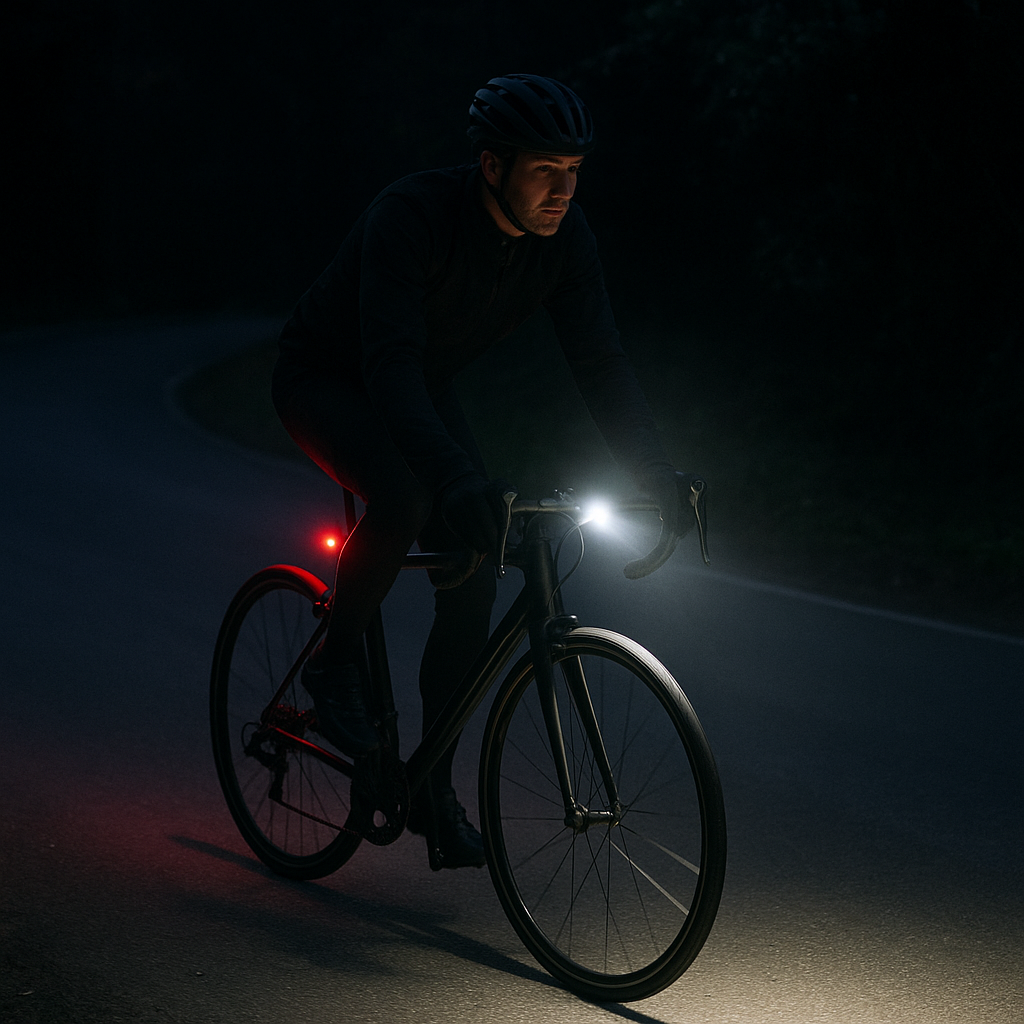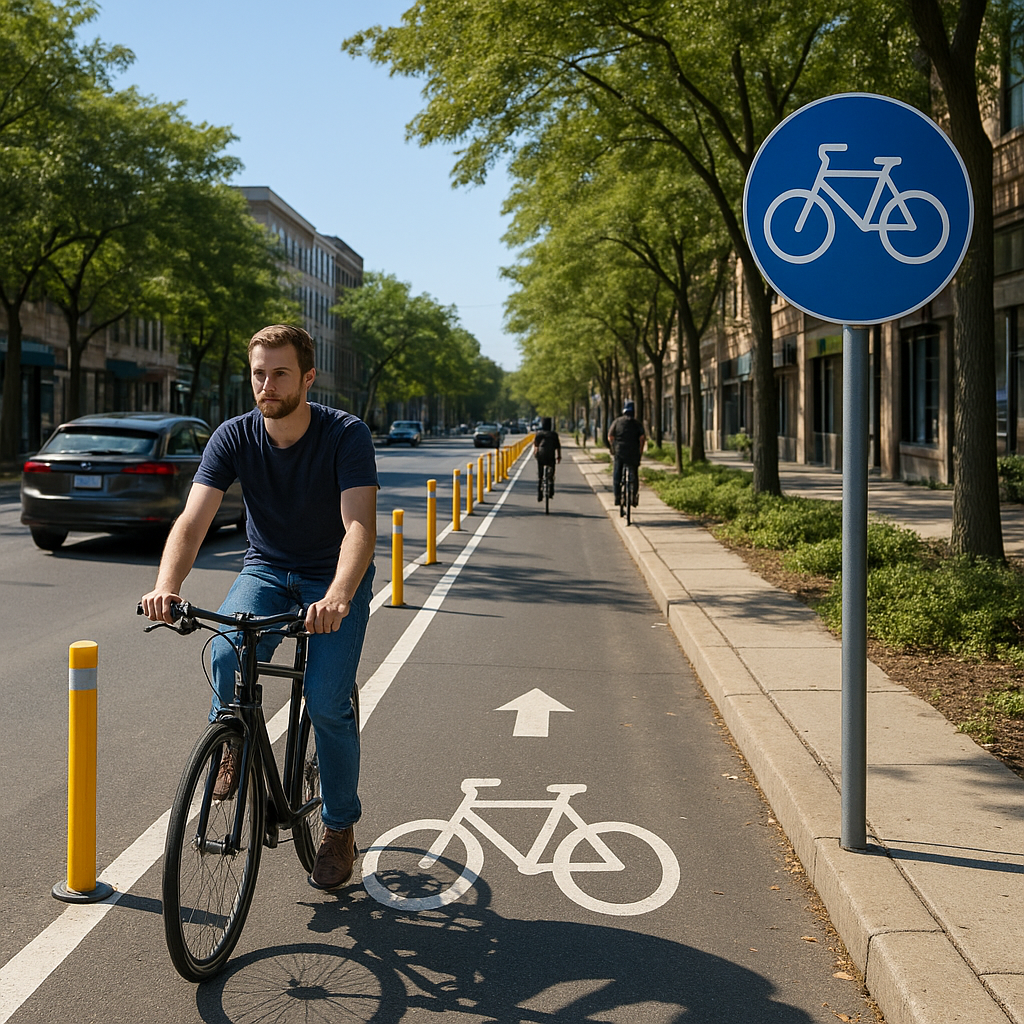Folding bikes have emerged as a popular choice for urban commuters, offering a blend of convenience, portability, and efficiency. These compact bicycles are designed to fold into a smaller size, making them easy to carry and store, which is particularly beneficial for city dwellers who often face space constraints and need versatile transportation options.
The Evolution of Folding Bikes
The concept of folding bikes is not new; it dates back to the late 19th century. Early designs were primarily aimed at military use, allowing soldiers to carry bicycles over rough terrain and deploy them quickly. Over the years, the design and functionality of folding bikes have evolved significantly, driven by advancements in materials, engineering, and urban mobility needs.
Modern folding bikes are a far cry from their early counterparts. They are lighter, more durable, and easier to fold and unfold. Innovations in frame materials, such as aluminum and carbon fiber, have reduced the weight of these bikes, making them more practical for everyday use. Additionally, improvements in folding mechanisms have made the process quicker and more intuitive, allowing commuters to transition seamlessly between riding and carrying their bikes.
Key Features of Modern Folding Bikes
Several features distinguish modern folding bikes from traditional bicycles:
- Compact Size: When folded, these bikes occupy minimal space, making them ideal for storage in small apartments, offices, or public transportation.
- Lightweight Construction: The use of advanced materials ensures that folding bikes are lightweight yet sturdy, enhancing their portability.
- Quick Folding Mechanisms: Modern designs incorporate user-friendly folding systems that allow the bike to be folded and unfolded in seconds.
- Durability: Despite their compact size, folding bikes are built to withstand the rigors of daily commuting, with robust frames and reliable components.
- Versatility: Many folding bikes come with adjustable features, such as seat height and handlebar position, to accommodate riders of different sizes and preferences.
Benefits of Folding Bikes for Urban Commuters
Folding bikes offer numerous advantages for city dwellers, making them an attractive option for urban commuting:
Portability and Storage
One of the most significant benefits of folding bikes is their portability. Commuters can easily carry their folded bikes onto public transportation, such as buses, trains, or subways, without worrying about space constraints or restrictions. This flexibility allows for seamless integration of cycling with other modes of transport, making it easier to navigate the urban landscape.
Additionally, the compact size of folding bikes makes them easy to store in small living spaces. For city residents who may not have access to a garage or bike storage area, the ability to keep a bike indoors without taking up much space is a major advantage.
Cost-Effectiveness
Folding bikes can also be a cost-effective transportation solution. By combining cycling with public transportation, commuters can reduce their reliance on cars, thereby saving on fuel, parking, and maintenance costs. Moreover, many cities offer incentives for cyclists, such as reduced fares on public transport or access to dedicated bike lanes, further enhancing the economic benefits of using a folding bike.
Health and Environmental Benefits
Riding a folding bike provides a convenient way to incorporate physical activity into daily routines, promoting better health and fitness. Regular cycling can improve cardiovascular health, strengthen muscles, and reduce stress levels. For urban commuters, this means not only saving time on their daily commute but also reaping the health benefits of an active lifestyle.
From an environmental perspective, folding bikes contribute to reducing carbon emissions and traffic congestion. By choosing to cycle instead of driving, commuters can help decrease air pollution and reliance on fossil fuels, making a positive impact on the environment.
Choosing the Right Folding Bike
Selecting the right folding bike involves considering several factors to ensure it meets the specific needs of the rider:
Purpose and Usage
Understanding the primary purpose of the bike is crucial. For daily commuting, a lightweight and quick-folding model may be ideal. For those who plan to use the bike for longer rides or recreational purposes, a model with more gears and a comfortable riding position might be more suitable.
Size and Weight
The size and weight of the folding bike are important considerations, especially for those who need to carry it frequently. Lighter models are easier to transport, but they may come with a higher price tag. It’s essential to find a balance between weight, durability, and cost.
Folding Mechanism
The ease and speed of the folding mechanism can significantly impact the overall convenience of the bike. Prospective buyers should test the folding process to ensure it is straightforward and quick. Some bikes feature more complex mechanisms that may offer a more compact fold but could be more challenging to operate.
Build Quality and Components
Investing in a folding bike with high-quality components and a sturdy build is essential for long-term reliability. Key components to consider include the frame material, brakes, gears, and tires. A well-built bike will provide a smoother ride and require less maintenance over time.
Price and Warranty
Folding bikes come in a wide range of prices, from budget-friendly options to high-end models. It’s important to set a budget and compare different models within that range. Additionally, checking the warranty and after-sales support can provide peace of mind and protect the investment.
Popular Folding Bike Brands and Models
Several brands have established themselves as leaders in the folding bike market, offering a variety of models to suit different needs and preferences:
Brompton
Brompton is one of the most well-known folding bike brands, renowned for its high-quality craftsmanship and innovative design. Brompton bikes are highly customizable, allowing riders to choose from various colors, handlebar styles, and gear configurations. The compact fold and robust build make Brompton a favorite among urban commuters.
Dahon
Dahon is another prominent name in the folding bike industry, offering a wide range of models that cater to different budgets and requirements. Known for their lightweight frames and efficient folding mechanisms, Dahon bikes are designed for both city commuting and recreational riding.
Tern
Tern specializes in creating versatile folding bikes that combine performance and portability. Tern bikes often feature innovative designs, such as adjustable stems and integrated racks, making them suitable for various riding conditions. The brand is also committed to sustainability, using eco-friendly materials and practices in their manufacturing process.
Montague
Montague offers full-sized folding bikes that provide the performance and ride quality of a traditional bicycle with the convenience of a folding design. These bikes are ideal for riders who want the benefits of a larger frame and wheels without sacrificing portability. Montague’s patented folding system ensures a quick and easy fold, making them a practical choice for urban commuters.
Conclusion
Folding bikes represent a practical and efficient solution for urban commuters, offering the perfect blend of convenience, portability, and performance. With a wide range of models and features available, there is a folding bike to suit every need and preference. By choosing a folding bike, city dwellers can enjoy the benefits of cycling while navigating the challenges of urban living, making their daily commute more enjoyable and sustainable.












